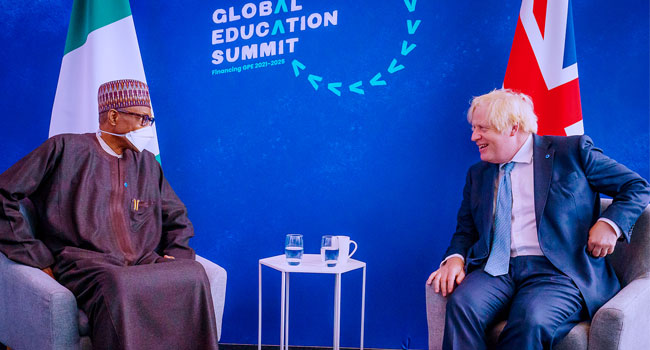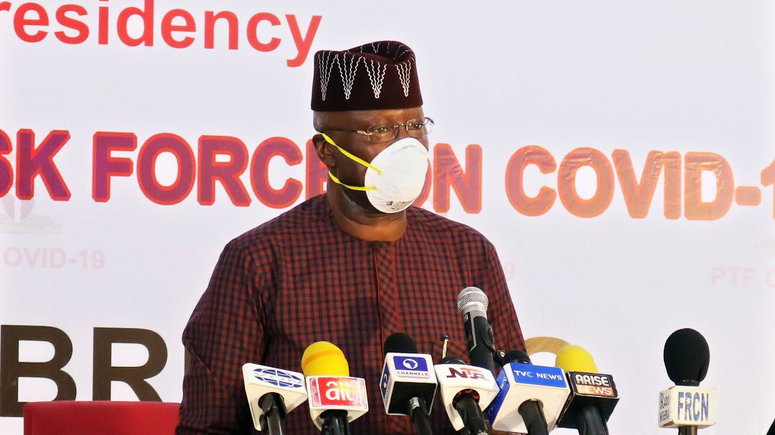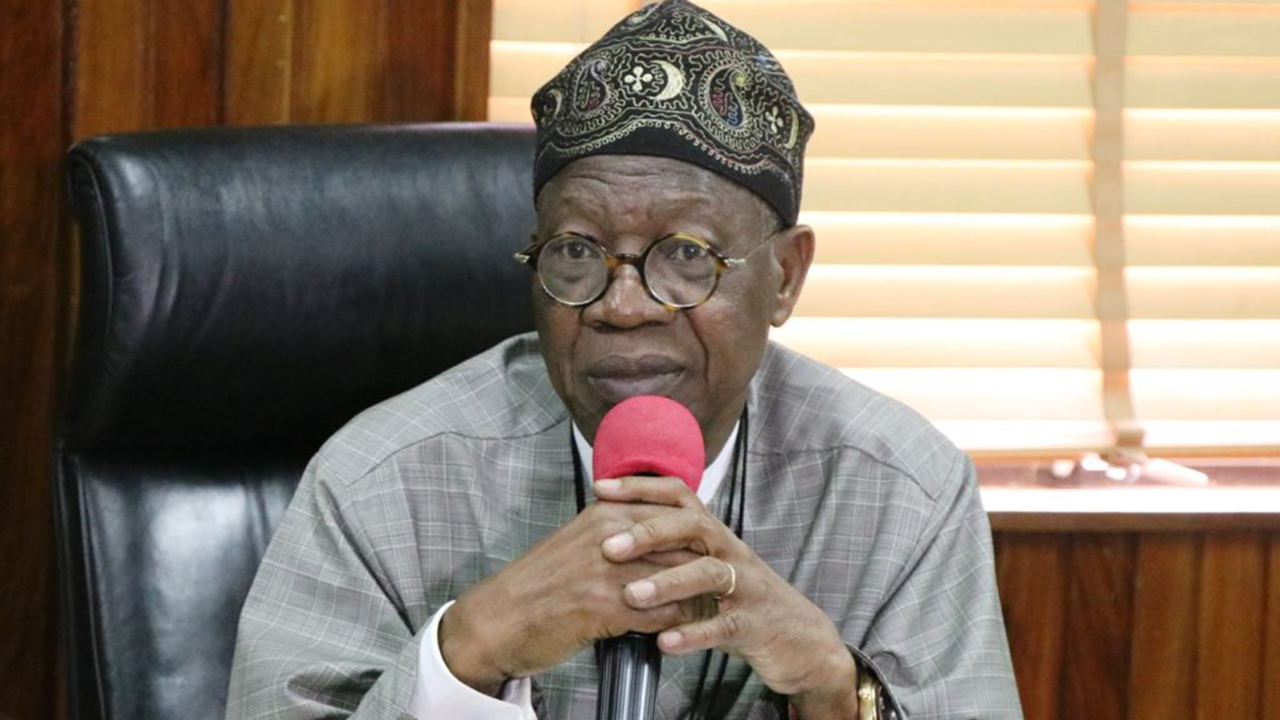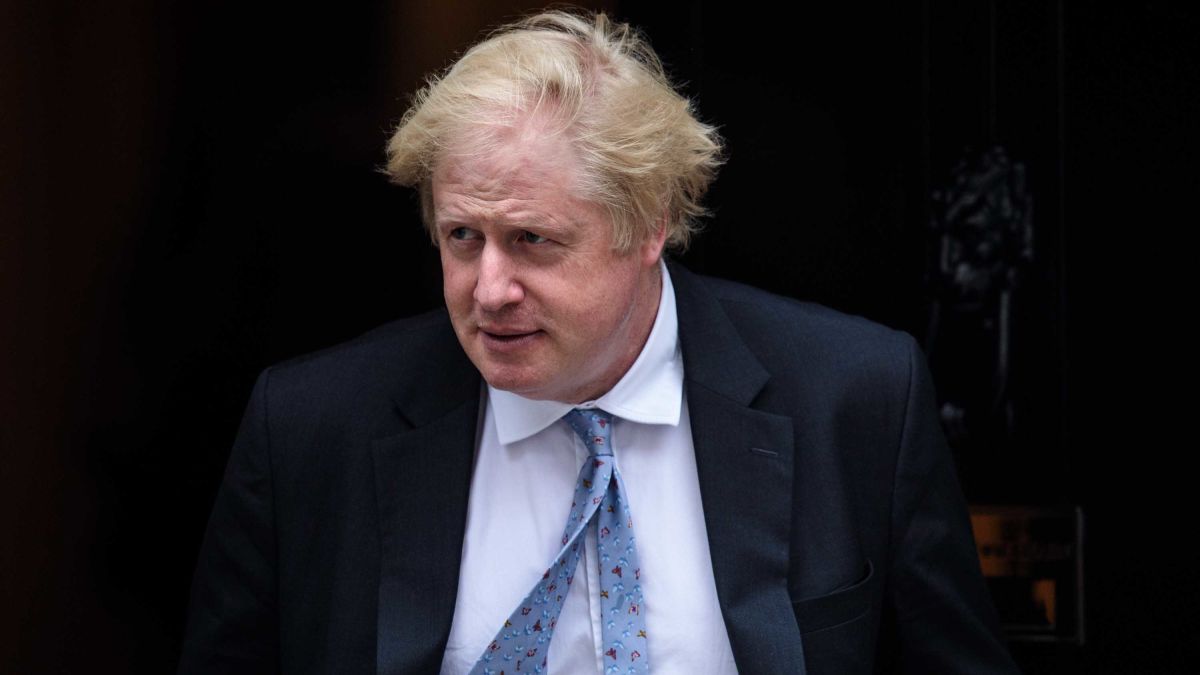The Federal Government on Tuesday assured Nigerians that the country is not on the red list of nations required to isolate for 14 days on arrival in the United Kingdom (UK).
It explained that even as Nigerians are required to isolate on arrival in the UK, British citizens are also required to isolate for seven days upon arrival in Nigeria.
TheNewsGuru.com, TNG reports that on October 4, the UK government released a list of 50 countries who will not be required to isolate on arrival in the UK, on presentation of their vaccination certificate. However, Nigeria was not listed among these countries.
The Federal Government, however, noted that aside from the fact that no African country was listed, Nigeria’s vaccination certification programme status is yet to be comprehensively reviewed by the UK Government. Also, the vaccines administered in Nigeria are approved by the UK Government.
Executive Director and Chief Executive Officer of the National Primary Health Care Development Agency (NPHCDA) Dr. Faisal Shuaib stated these yesterday during a joint COVID-19 vaccination briefing, alongside the World Health Organisation (WHO) and the United Nations Children’s Fund (UNICEF).
He said: “As at yesterday, the 4th of October 2021, Nigeria had vaccinated 4,963,985 eligible persons across the country with first dose of COVID-19 vaccines. This figure represents 4.4 per cent of the targeted 111,776,503 eligible population. About 2,166,186 people have received their second doses of the vaccines. This means that approximately 1.9 per cent of eligible population is now fully vaccinated against COVID-19. It is imperative to reiterate the fact that only those who have taken their second dose are fully protected against the deadly COVID-19.
“I would like to comment on the UK Government’s statement, which was released yesterday. Nigeria’s status has not changed. Nigeria is not among the red listed countries that need to mandatory quarantine for 14 days in a supervised UK facility.
“The statement released by the UK Government is in line with the press statement released last week that Nigerians will continue to isolate upon arrival to the UK. This is similar to our requirement to have travellers from the UK, isolate for seven days upon arrival in Nigeria.
“The Presidential Steering Committee is in the process of reviewing these requirements. We have been in touch with the UK Government. Just like they stated clearly in their communication, the current listing of countries with approved vaccination certification has just started in the UK.
“They are reviewing the country’s programmes in phases. If you go through the list of 50 closely, no African country made the list. The UK Government is yet to comprehensively review Nigeria’s vaccination certification programme. From my communication with the UK Government officials, the vaccines administered in Nigeria are approved by the UK Government. They are also involved with the vaccination programme in Nigeria through the Foreign, Commonwealth Development Office (FCDO), and they are optimistic that by the time Nigeria’s COVID-19 vaccination programme certification is assessed, it will be approved.
“There are many countries in the world. So, we like many other countries are in the queue for this assessment. Once it gets to our turn, we are more likely than not to get approved in the coming weeks. Like the UK Government have clearly stated, the process of assessment would occur in phases.”
He added: “I would like to inform you that yesterday evening, we received 501,600 doses of AstraZeneca vaccines from the COVAX facility as donation from the Government of France. We have also gotten confirmation that we will be receiving 3,577,860 doses of Pfizer vaccines within the next two weeks.
“As part of our transparency process to Nigerians and the media, we would be providing you with figures of the adverse event following immunisation reported. In this phase of the vaccination process, 191 serious and 6,555 non-serious AEFI cases were reported. All cases reported were managed in the health facility and individuals have fully recovered and back to their normal daily living.
“In the coming months, Nigeria will be receiving more doses of COVID-19 vaccines through COVAX facility. We anticipate that the vaccines will be quite large in amount, and therefore will require more efficient and faster ways of utilising them, including expanding access to the vaccines.
“We have, therefore, started implementing the decentralisation of vaccine utilisation by involving the private sector in the vaccine administration. Currently, COVID-19 vaccines are available at government health facilities only. As we decentralise, private health facilities, who meet the set criteria, will be allocated COVID-19 vaccines, after due training of their immunisation service providers. Vaccinations in private health facility will continue with the help of government health officials.
“Subsequently, clients will be able to access COVID-19 vaccines at both government and private health care facilities in the country. This will be done at different levels, which would include the states and local governments. We are taking every caution to ensure that when implemented, the decentralisation policy is not corrupted. Private health care facilities will be carefully selected based on transparent eligibility criteria, and supervision will be maximised to ensure discipline and compliance with safety measures. The goal, as I said is to expand access to COVID-19 vaccines and to ensure rapid and safe vaccine utilisation.”





